Dr. Jonas S Sundarakumar
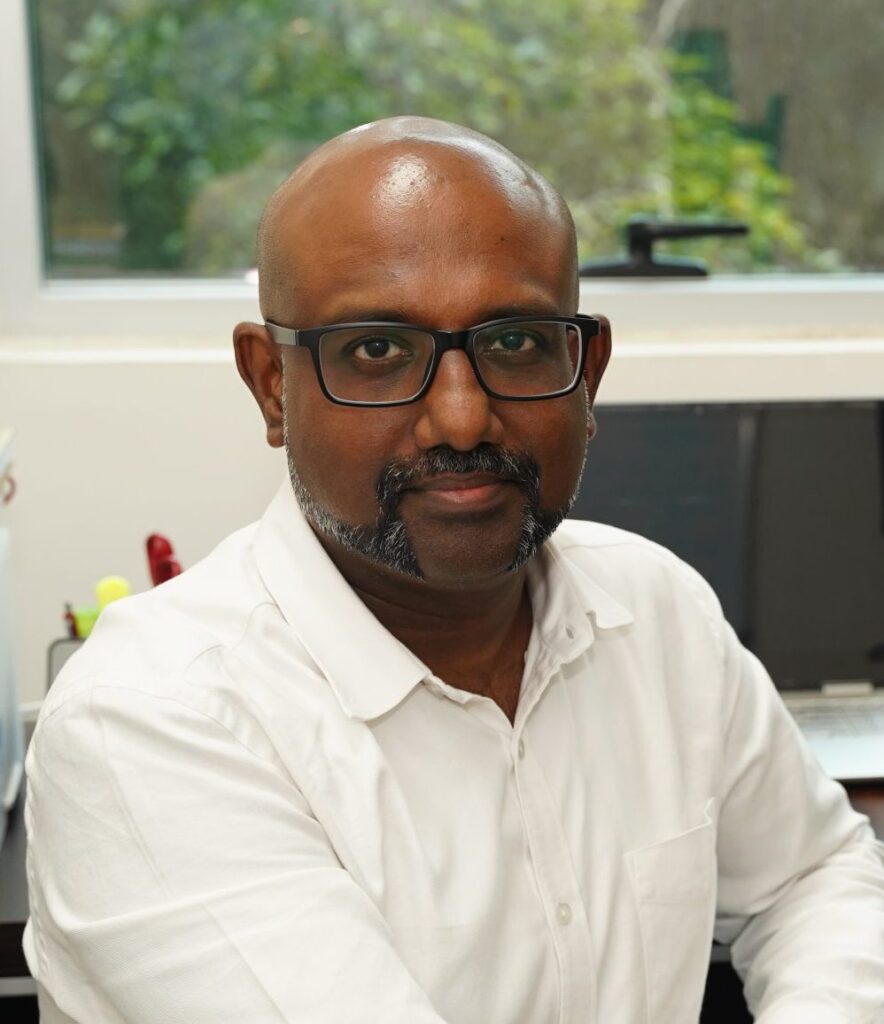
Biosketch

Dr. Pooja Rai
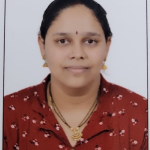
Dr. Ramya Burra
Sakshi Arora
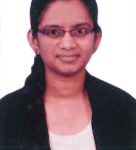
Aishwarya Hiremath

Hitesh Pradhan
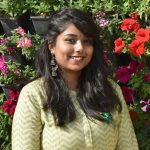
Shruti Pandey

Dr. Sumedha Mitra
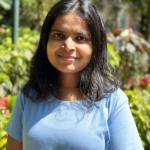
Priya Chatterjee

Raghav prasad

Shilna Azhuvalappil
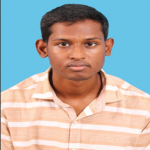
Pravin Sahadevan
Former lab members

Dr. V.L. Remruatpuii

Pradipto Mondal
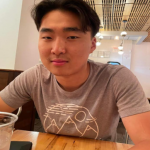
David Yao
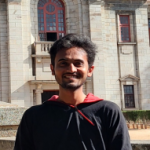
Aman Bhonsale

Suhrud Panchawagh
Mitra S, Sagiraju M, Pradhan H, Yao D, Pinto JM, Sundarakumar JS*, SANSCOG Study Team. The Cognitive Toll of Household Air Pollution: Cross-sectional Associations between Polluting Cooking Fuel Use, Cognitive Functions and Brain MRI in a Rural Aging Population from Karnataka, India. The Lancet Regional Health – Southeast Asia. 2025 (In Press).
Chakraborthy S, Subramanian K, Rajesh A, Majumder R, Rupanagudi KV, Mensegere AL, TLSA Study Team, Issac TG, SANSCOG Study Team, Sundarakumar JS, Kahali B*. Genetic architecture of cardiometabolic traits and cognition in the Indian population: Deciphering their causal interrelationships. Alzheimer’s & Dementia. 2025 (In Press).
Chatterjee P, Arora S, Rai P, Diwakar L, Issac TG, Sundarakumar JS*. Rural-Urban Differences in Lipid Abnormalities among Middle-Aged and Older Indians. BMC Public Health (In Press).
Roy D, Monisha S, Sandhya G, Sundarakumar JS, Issac TG*. Prevalence of Subjective Cognitive Decline and Mild Cognitive Impairment in Rural Versus Urban Population: Insights from India. Annals of Indian Academy of Neurology. 2025 Jan 6. doi:10.4103/aian.aian_676_24.
Rai P, Sahadevan P, Issac TG, Sundarakumar JS*. Decomposing rural-urban differences in depression prevalence: a cross-sectional analysis of two community-based southern Indian cohorts. BMJ Public Health. 2024;2:e000760. doi:10.1136/bmjph-2023-00076.
Arvind P, Mensegere AL, Malo PK, Sundarakumar JS, Issac TG*. Assessment of Cognitive Status in Geriatric Individuals with a History of COVID-19 Exposure. Gerontology & Geriatrics Studies. Published online on April 12, 2024. doi: 10.31031/GGS.2024.09.000701.
Rai P, Sahadevan P, Mensegere AL, Issac TG, Muniz-Terrera G, Sundarakumar JS*. Rural-urban disparities in the diagnosis and treatment of hypertension and diabetes among aging Indians. Alzheimer’s and Dementia. 2024 Apr;20(4):2943-2951. doi: 10.1002/alz.13771. Epub 2024 Mar 9. PMCID: PMC11032561.PMID: 38460118.
Rai P, Sundarakumar JS*, Basavaraju N, Kommaddi RP, Issac TG. Association between ApoE ?4 genotype and attentional function in non-demented, middle-aged, and older adults from rural India. Journal of Neurosciences in Rural Practice. 2024 Jan-Mar;15(1):117-125. doi: 10.25259/JNRP_272_2023. Epub 2024 Jan 9. PMCID: PMC10927062. PMID: 38476424
Rai P, Sundarakumar JS*. The role of gender in the relationship between social engagement and health outcomes. SSM Population Health. 2023 Dec 29;25:101554. doi: 10.1016/j.ssmph.2023.101554. PMCID: PMC10801295. PMID: 38260721
Mensegere AL, Sundarakumar JS*, Diwakar L, Issac TG and SANSCOG Study Team (2023). Relationship between Framingham Cardiovascular Risk Score and cognitive performance among ageing rural Indian participants: a cross-sectional analysis. BMJ Open. 2023 Nov 10;13(11):e074977. doi: 10.1136/bmjopen-2023-074977. PMCID: PMC10649489.PMID: 37949620.
Menon AJ, Malo PK, Jain S, Gandhi S, Sundarakumar JS, Rai P, Issac TG. Association between multilingualism and cognitive performance among older adults in rural southern India. Journal of Neurosciences in Rural Practice. 2024 Jan-Mar;15(1):81-85. doi: 10.25259/JNRP_376_2023. Epub 2023 Oct 30. PMCID: PMC10927057.PMID: 38476421.
Menon AJ, Gandhi S, Varadharajan A, Rai P, Sundarakumar JS, Issac TG*. Particulate matter 2.5- Muddling the healthy brain. Journal of Psychiatry Spectrum. 2(2):p129-130, Jul–Dec 2023. doi: 4103/jopsys.jopsys_7_23.
Sundarakumar JS*, Mensegere AL, Malo PK, Ravindranath V, SANSCOG Collaborators. Impact of the COVID-19 pandemic on some modifiable risk factors of dementia in an aging, rural Indian population. Frontiers in Psychiatry. 2023 May 19;14:954557. doi: 10.3389/fpsyt.2023.954557. PMCID: PMC10237042.PMID: 37275968.
Sundarakumar JS, Menesgere AL, Jain S, Hameed SKS, SANSCOG & TLSA Study Teams, Ravindranath V*. Prevalence of neuropsychiatric conditions and cognitive impairment in two parallel, aging study cohorts from rural and urban India. Alzheimer’s & Dementia. 2023 Jun;19(6):2469-2478. doi: 10.1002/alz.12741. Epub 2022 Dec 26.PMID: 36573020.
Sundarakumar JS, Hameed SKS, Dilip B, Deepak S, Kumar BRV, Ravindranath V*. Approaches to engage an aging, rural cohort in southern India during the COVID-19 crisis and the psychological impact of COVID-19 in this cohort. Alzheimer’s & Dementia. 2023 Jun;19(6):2460-2468. doi: 10.1002/alz.12726. Epub 2022 Dec 9. PMCID: PMC9878015.PMID: 36468341.
Menesgere A, Sundarakumar JS, Shahul Hameed SK, SANSCOG & TLSA Study Teams, Ravindranath V*. Comparison of risk factors for dementia among rural and urban elderly adults-data from two cohort studies in India. Alzheimer’s & Dementia. 2023 Jun;19(6):2443-2449. doi: 10.1002/alz.12715. Epub 2022 Dec 22.PMID: 36548115.
Ravindranath V*; SANSCOG Study Team. Srinivaspura Aging, Neuro Senescence and COGnition (SANSCOG) study: Study protocol. Alzheimer’s & Dementia. 2023 Jun;19(6):2450-2459. doi: 10.1002/alz.12722. Epub 2022 Dec 28.PMID: 36577090.
Sundarakumar JS*, Menesgere AL, Hameed SKS, SANSCOG & TLSA Study Teams, Ravindranath V. Depression and anxiety during the first and second waves of the COVID-19 pandemic in two large, prospective, aging cohorts in rural and urban India. Health Science Reports. 2022 Nov 8;5(6):e901. doi: 10.1002/hsr2.901. PMCID: PMC9642812.PMID: 36381404.
Sundarakumar JS, Shahul Hameed SK, SANSCOG Study Team, Ravindranath V*. Burden of Vitamin D, Vitamin B12 and Folic Acid Deficiencies in an Aging, Rural Indian Community. Frontiers in Public Health. 2021;9:707036. Published 2021 Sep 3. doi:10.3389/fpubh.2021.707036. PMCID: PMC8446357.PMID: 34540786.
Baheshree RD, Jonas SS*. Dysphagia in a psychotic patient: Diagnostic challenges and a systematic management approach. Indian Journal of Psychiatry. 2012 Jul;54(3):280-2. doi: 10.4103/0019-5545.102464. PMCID: PMC3512371.PMID: 23226858.
Suganthan JS, Rajkumar AP*, Jagannath C, Pulimood SA, Jacob KS. Delusional parasitosis over dermatological morbidity: diagnostic and therapeutic challenges. Tropical Doctor. 2009 Jan;39(1):49-50. doi: 10.1258/td.2008.080021.PMID:19211429.
-
Centre for Brain Research
Indian Institute of Science Campus
CV Raman Avenue
Bangalore 560012, India. - +91 80 2293 3746
